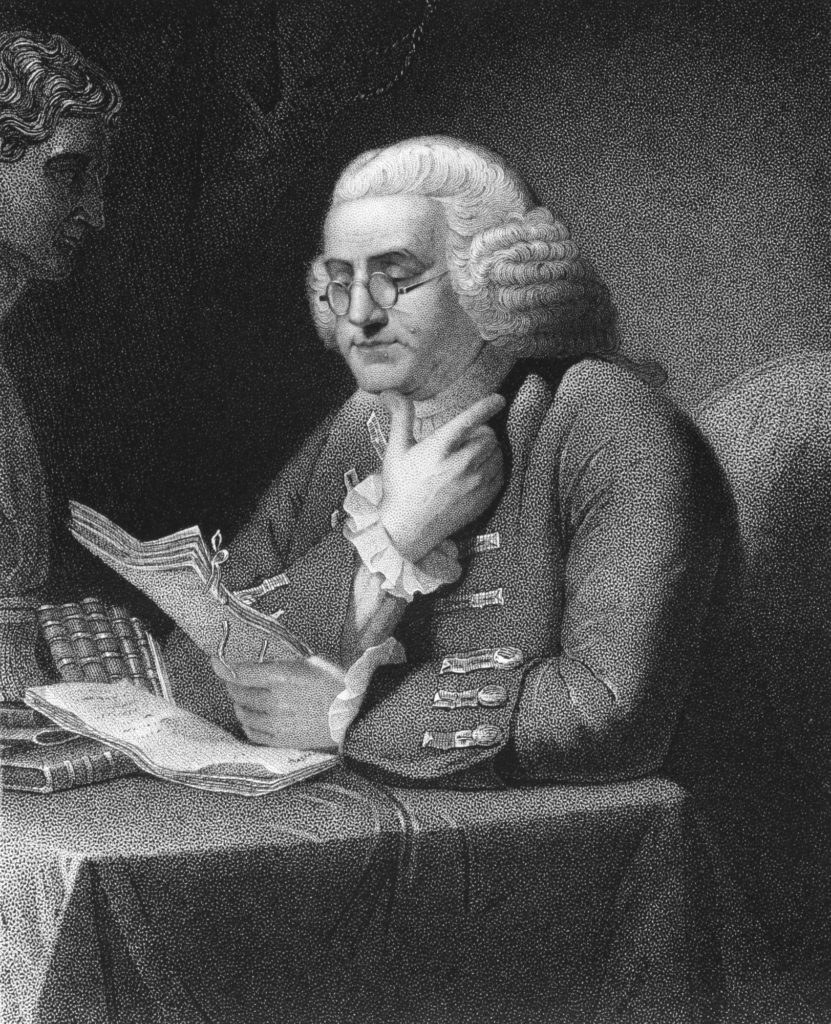The U.S. Constitution gives Congress certain enumerated powers (Article I, Section 8), with powers “not delegated to the [federal government] by the Constitution, nor prohibited by it to the states, are reserved to the states respectively, or to the people” (Tenth Amendment). While one of the enumerated powers is the regulation of interstate commerce, the federal drug paraphernalia statute, part of the Controlled Substances Act (CSA), renders the sale of drug paraphernalia illegal, even where a sale takes place exclusively within the borders of a state. How can this be squared with the Constitution’s clear language on what the Congress can and cannot do?
Well, arguably, it cannot be squared, unless quite a bit of creativity is deployed. Fortunately (or unfortunately, depending on where you stand on certain issues) Congress and the federal courts do not lack creativity, as they have demonstrated in their approach to drug paraphernalia in the CSA and court decisions interpreting the same.
According to 21 U.S.C. § 863(a), it is unlawful:
(1) to sell or offer for sale drug paraphernalia;(2) to use the mails or any other facility of interstate commerce to transport drug paraphernalia; or(3) to import or export drug paraphernalia.
It is easy to see the connection between Congress’s enumerated powers, and the second and third of Section 863(a)’s prohibitions. The Constitution gives Congress the power “to regulate Commerce with foreign Nations, and among the several States.” In addition, Congress has the power “to establish Post Offices and post Roads.” Regulation of what merchandise can “use the mails” is a logical adjunct of that power.
However, when it comes to Section 863(a)(1), one could spend hours looking at the powers enumerated in the Constitution without finding any language that would support the proposition that Congress can prohibit the sale of a bong, within the borders of Washington State, between two residents of the same state. If the transaction involves the use of dollars, then perhaps Congress’s power “to coin Money,” also granted by the Constitution, might provide a jurisdictional hook. But what if the bong’s buyer pays in kind? Or what if there is only a offer of sale, not followed by an actual sale involving money?
In Fry v. United States (421 U.S. 542 (1975)), the Supreme Court held that “even activity that is purely intrastate in character may be regulated by Congress, where the activity affects commerce among the States or with foreign nations.” This is very broad language that can cover just about any activity. Moreover, Congress does not “need make particularized findings” on whether an activity affects interstate commerce. Perez v. United States (402 U.S. 146 (1971)). This is an elegant way of saying that Congress does not need to look at facts when it decides that, yes, something has an impact on interstate commerce.
The fact that the Framers of the Constitution gave Congress the power to regulate interstate commerce makes it clear that they understood the issues raised by the movement of goods across state borders. It is reasonable to assume that they also knew that purely intrastate activities could have an impact on interstate commerce, yet the power given to Congress remained linguistically narrow. If the Framers wanted to give Congress the power to regulate activities that “affect” interstate commerce, they could have made that clear in the Constitution. Yet they chose not to. Later moves to expand federal power appear cynical in this context.
We can, and should, question whether the federal drug paraphernalia statute is consistent with the Framers’ vision. Nonetheless, as a practical matter, federal courts have not had any issues finding that the statute is constitutional, even to the extent it regulates purely intrastate activities. Until such time as Congress or the courts decide to start giving effect to the “several States” part of Article I, Section 8 of the Constitution, citizens are left with no choice than to abide by the current, expansive definition of “interstate commerce”.
























